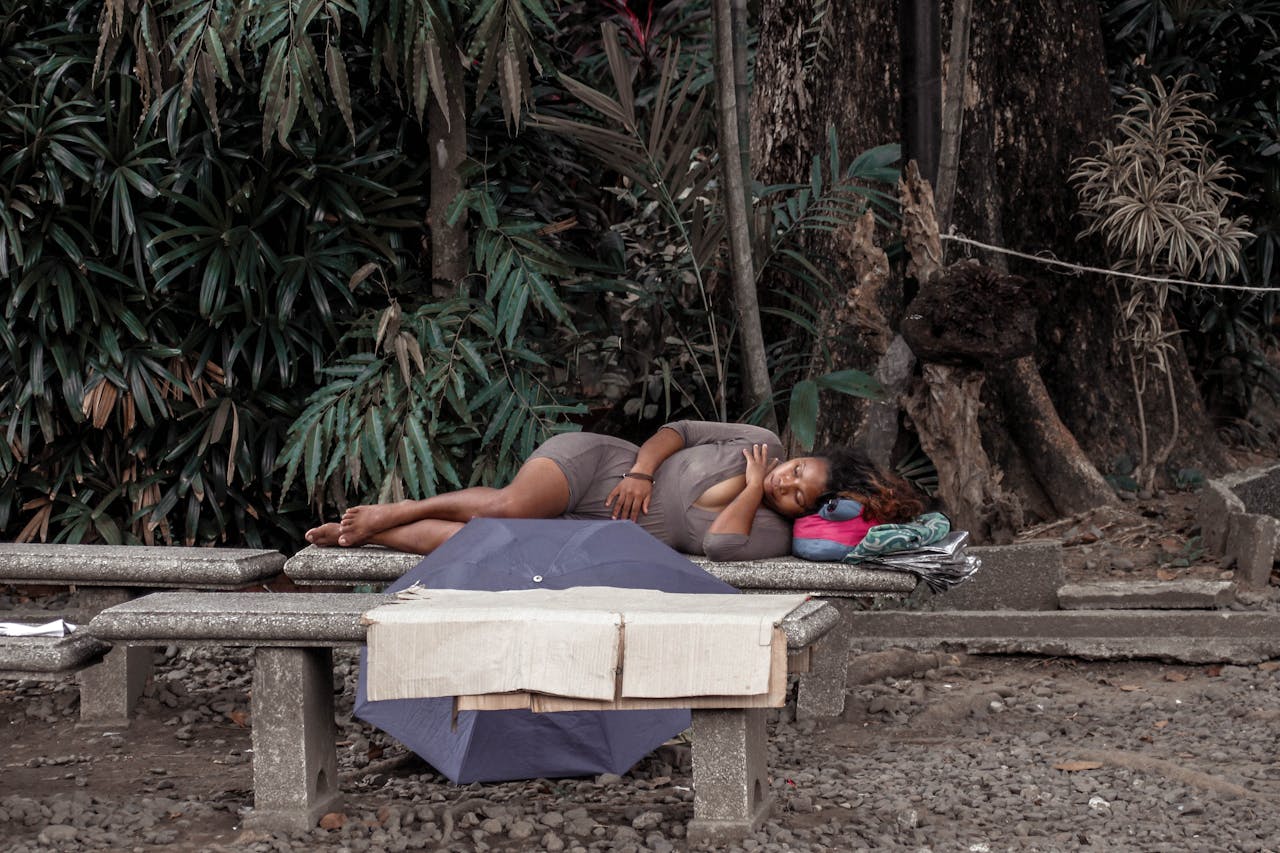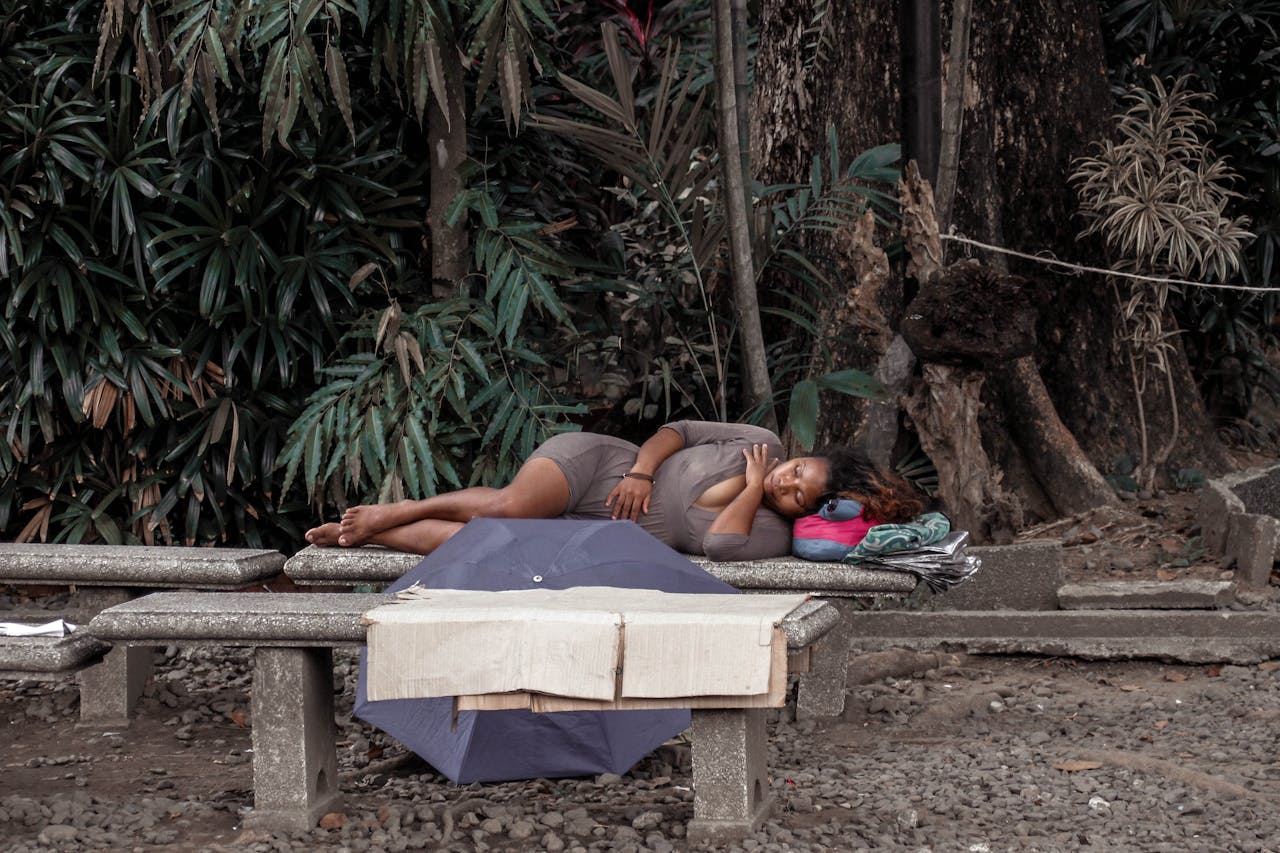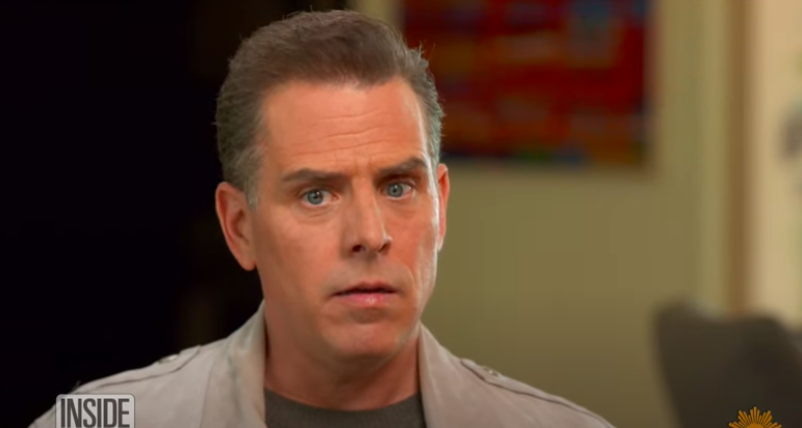
In a pivotal decision, the Supreme Court sided with an Oregon city on Friday (June 28), affirming its right to fine and penalize homeless individuals for sleeping outdoors. This ruling dismisses claims that such “anti-camping” laws violate the Eighth Amendment’s prohibition of “cruel and unusual” punishment.
Justice Neil Gorsuch, writing for the 6-3 conservative majority, emphasized that the Constitution does not empower federal judges to dictate national homelessness policies, a stance that drew sharp dissent from the court’s liberal justices.
Sleeping outdoors
At the heart of the case were the anti-camping ordinances in Grants Pass, Oregon, challenged by homeless residents. The verdict is significant amid a nationwide surge in homelessness and encampments, with city and state officials grappling with how to address this escalating crisis.
The ruling has been closely monitored by those living in these encampments, who fear increased criminalization over meaningful support like shelters and affordable housing.
“Homelessness is complex, and its causes are many,” Gorsuch noted. He highlighted the diversity of potential policy responses, asserting that in a democracy, it is up to the people and their elected representatives to decide the best approach. “Nor can a handful of federal judges begin to ‘match’ the collective wisdom the American people possess in deciding ‘how best to handle’ a pressing social question like homelessness,” he wrote.
Justice Sonia Sotomayor, in a dissent joined by Justices Kagan and Jackson, argued that the ruling unjustly punishes people for their homelessness. “Sleep is a biological necessity, not a crime,” Sotomayor wrote. “For some, sleeping outside is their only option.” Her dissent, read aloud from the bench, underscored her strong opposition to the court’s decision.
The Grants Pass ordinances penalize individuals for sleeping in public with “bedding,” such as sleeping bags or bundled-up clothing, imposing fines that can exceed $500. Repeated violations can lead to jail time and banishment from public parks.
The ruling comes at a time when over 650,000 people in the United States are homeless on any given night, a figure that has risen by 12% from 2022 to 2023, according to the US Department of Housing and Urban Development.
Counterproductive and cruel
Housing rights advocates have vehemently criticized the decision. Jesse Rabinowitz of the National Homelessness Law Center described the ruling as “expensive, counterproductive, and cruel”. The National Alliance to End Homelessness expressed concern that the decision might shift the burden of the homelessness crisis to law enforcement, a strategy they argue has historically failed.
While some, like California Governor Gavin Newsom, see the ruling as clarifying legal ambiguities that have hampered local officials’ efforts to manage encampments, others, like Jay Cheng of Neighbors for a Better San Francisco, view it as an opportunity to address the city’s housing crisis by clearing encampments and providing services to the homeless.
As this landmark ruling reverberates across the nation, it highlights the ongoing tension between upholding public order and addressing the humanitarian needs of those experiencing homelessness.
Source: Homeless people can be ticketed for sleeping outside, Supreme Court rules
Related Stories:
$300 million allocation to tackle homelessness in California
Homelessness landscape in Los Angeles transformed
The post Sleeping outdoors now a crime appeared first on The Independent News.






